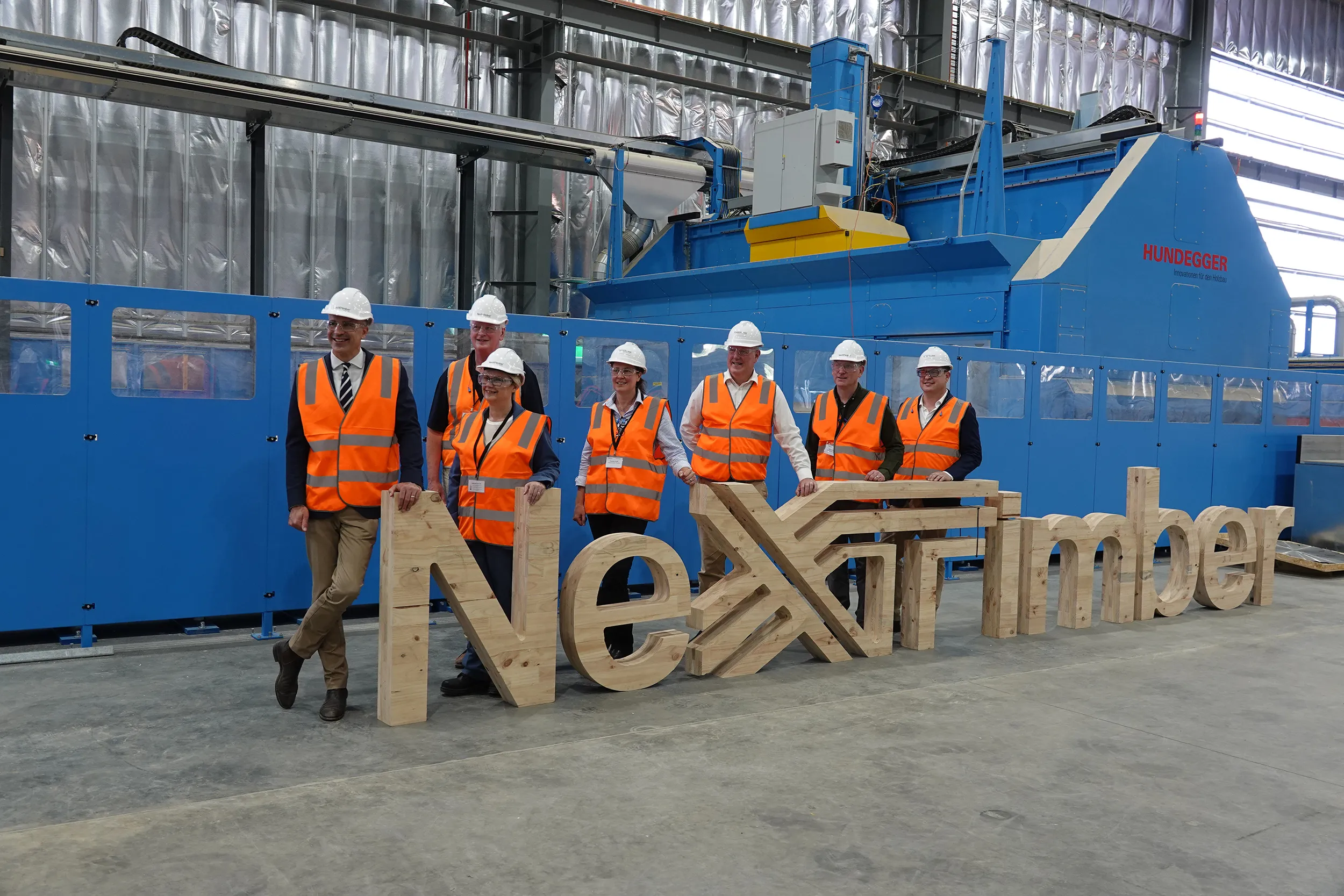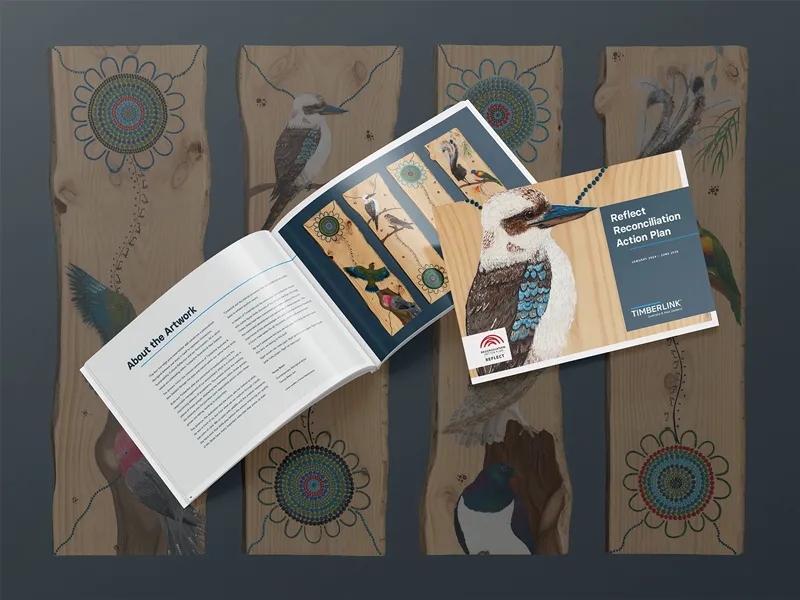Timberlink and Daio Paper – Long Term Partners
Timberlink Secures Long Term Wood Chip Export Deal with Daio Paper
Woodchip exports are a key sector of any diversified timber business. Our Tarpeena mill has been exporting woodchip since 1984, and the business has strived to expand and grow our relationships with our overseas partners since then. It is through the strength of these relationships that we have just signed a new 5 year contract, that will take our relationship with Japanese trading house Marubeni Corporation and paper mill Daio Paper, beyond 30 years.
A trading house partner is an intermediary that purchases a wholesale product, and sells to the importing company, removing the risks associated with exporting and shipping. Trading houses generally purchase the chip from the supplier on a “free on board” basis as the woodchip is loaded over the ships rail.
It is Timberlink’s unique integrated business model that allows deals of this length and magnitude to be signed. Timberlink is able to guarantee a long term, secure supply of timber to our customers, as our parent company, New Forests, owns the assets from the forest through to the mill. This gives Timberlink an excellent competitive advantage.
Timberlink’s sustainably sourced Radiata pine fibre is particularly versatile for a range of pulp and paper manufacturing processes and end products. It has good strength properties, it is white, it does not require a lot of bleaching, and it can be used in a range of pulping processes from mechanical, to thermo mechanical and also for chemical pulping. It is the offcuts arising from cutting logs into good strong timber boards make the best pulp.
Converging Histories
Timberlink has exported over 13.6 million ton of wood chips since 1984 and has grown to become one of the largest Radiata Pine exporters in the world, as well as one of the largest softwood woodchip exporters in the world.
Timberlink and Daio have many inherent similarities stemming from the nature of the niche position we occupy in our respective industries. Daio ranks as the third largest full range paper manufacturer in Japan, whilst Timberlink also ranks as the third largest Australian timber manufacturer. Both companies have modern, innovative and efficient manufacturing facilities in industries that to those on the outside, may seem archaic. Daio Paper owns and operates the largest pulp and paper facility in Japan. Daio started dealing in paper making raw materials in 1928, while Timberlink’s origins date back to 1924, when the first Radiata pine plantations were planted near Mount Gambier by the SAPFOR (SA Perpetual Forests) group. Both Timberlink and Daio were early adopters of certification and sustainability values and both companies are large enough to be relevant and have scale in their categories, yet small enough to be nimble and know their customers.
The Future of Pulp
A 30-year relationship to supply woodchip to manufacture paper may seem counterintuitive in this digital age, but the paper industry has continuously diversified, and Daio still produces over 20,000 different types of papers. As you would expect demand for traditional paper uses such as newspapers and magazines is decreasing. However, the rise of the middle class in emerging countries such as China and India have led to an increase in demand for home ware papers such as paper cups, coffee filters, tissues, toilet paper, absorbent towels, cleaning wipes and diapers. Radiata pine pulp is particularly suited to hygiene paper manufacturing due to its strength and its high level of absorptive ability.
In addition to this, recent innovations have led to an increase in the use of woodchip in manufacturing. The two of the major advances are Dissolving pulp, and the commercial trialling of nanocellulose manufacturing.
The manufacturing of dissolving pulp is a growing segment in Japan and China. It has end uses in Cellophane, sports clothing, filters, food additives and thickeners.
Nanocellulose pilot plants are being trialled by most of the large Japanese Paper and Pulp companies, including our customer Daio Paper. The first pilot plant was established in 2013. Nanocellulose has many applications ranging from paper, to composite materials where nanocellulose can be used as the reinforcing fibre, food additives, pharmaceutical and medical applications, industrial foams, super absorbent materials, barriers, films, membranes, emulsifiers and dispersion agents. The humble woodchip has some incredible properties when converted to a nanocellulose fibre, it has the tensile strength of aluminium, stiffness comparable with Kevlar and a strength weight ratio 8X higher than stainless steel.
Japan is the largest importer of softwood woodchip continues to use around 5,000,000 tonnes of dry chip per year, of which 1,500,000 is imported. Over 80% of this imported chip comes from Australia and the United States and all the while Chinese demand for manufacturing woodchip is increasing.
Timberlink is major exporter of softwood woodchip and it is a vital element of our business. We are continually working on ways to best use all of the log that we consume and our partnership with Daio Paper is a key part of this.
“Our FSC certification is increasingly sought after by customers in both Japan and China who want to promote the sustainability credentials of their personal use consumer products, and Timberlink can provide the highest-level certainty with our dual environmental certifications”. GM of Resource, Phil Lloyd.



